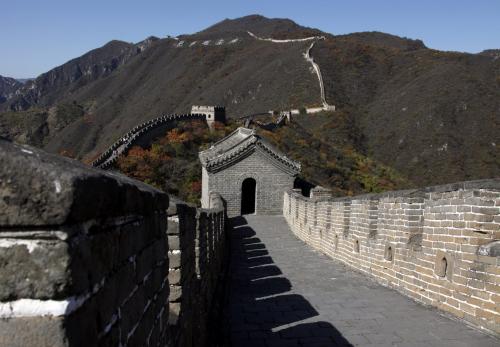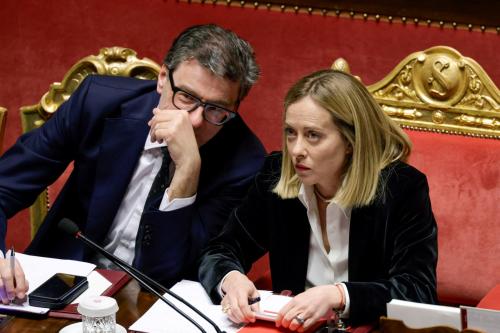I am generally a strong supporter of the new strategy for Afghanistan–with its appropriate focus on protecting the Afghan population, on training and partnering with Afghan security forces, on coordinating strategy better with Pakistan, and on bracing for the long haul with the American public.
However in light of the challenges before us, I will again focus on where I think the strategy needs further improvement.
1) We should stop the business of saying that we are lowering expectations. Secretary Gates was the original person to do this, and I understand why he did it, but don’t believe it a good idea. It is not really a wise way to discuss the new approach because it smacks of Rumsfeldianism. It is actually misleading, since there are no shortcuts in this business. We need to help the Afghans build a strong enough state to avoid civil war, keep order, promote economic growth, and deal with challenges from abroad.
2) Afghan security forces need to grow much more than now planned. They presently number about 150,000 and are headed for just over 200,000 according to current proposals; they need to reach 350,000 or 400,000 soldiers and police. I think this will happen eventually. But in my view it is a mistake not to say so now. When Secretary Clinton and President Obama go to Europe in the coming days, they need to be able to tell allies what kind of financial and other assistance will be needed for the mission over the coming years. Incrementalism about what will be needed in the way of larger, stronger Afghan army and police forces makes this job harder, not easier.
3) Regarding Pakistan, in addition to the welcome new emphasis on greater economic aid, I think we also need to offer more security aid for counterinsurgency training, equipment, and operations to the Pakistani military–assuming, that is, that we can agree on a common plan with Islamabad and monitor how additional aid is used. I am less concerned about monitoring how existing aid is used; I don’t expect miracles on that front.
4) Regarding economic development in Afghanistan, we need a strong international coordinator. Right now the very weak and understaffed Afghan ministries have to contend with the various ideas and proposals and projects of 40 donors. This is way too confusing for them, and leads to a hodgepodge of activity. We need a strong single person, probably a European, to represent the entire international community–not just the UN, but bilateral donors and groups like the EU too–to coordinate aid. That will also give the Afghan government a main point of contact, and give us in the West a main person from whom to seek guidance and strategy, and from whom we can also expect accountability.
So my grade for the strategy is a B+. All movement is in the right direction, but even at the level of ideas and concepts, not everything is yet in place.
The Brookings Institution is committed to quality, independence, and impact.
We are supported by a diverse array of funders. In line with our values and policies, each Brookings publication represents the sole views of its author(s).



Commentary
Op-edGrading Obama’s Afghanistan Strategy
March 27, 2009